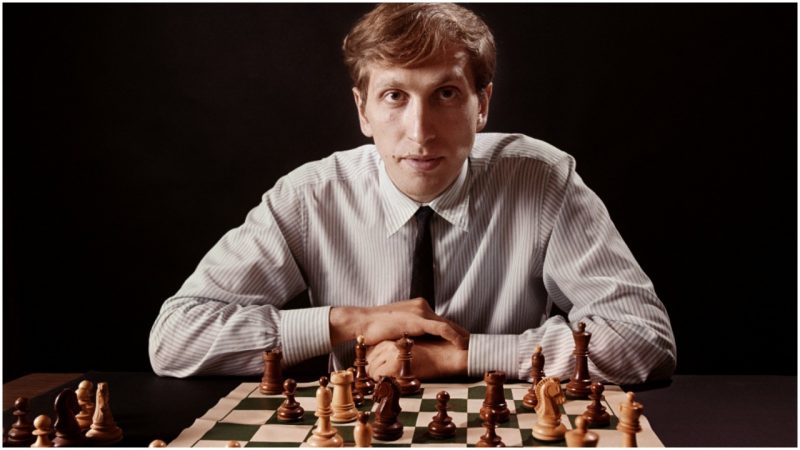Bobby Fischer is considered by many to be the greatest chess player ever and certainly the greatest American to ever play the game. His story is an amazing one, coming from humble roots in a single parent household in Brooklyn to winning the World Championship in 1972.
However, Fischer’s life and legacy are clouded by decades of odd behavior, public outbursts, life as a recluse, and more. He reportedly hated the film, Searching for Bobby Fischer claiming it used his name to generate profits but he was not compensated.
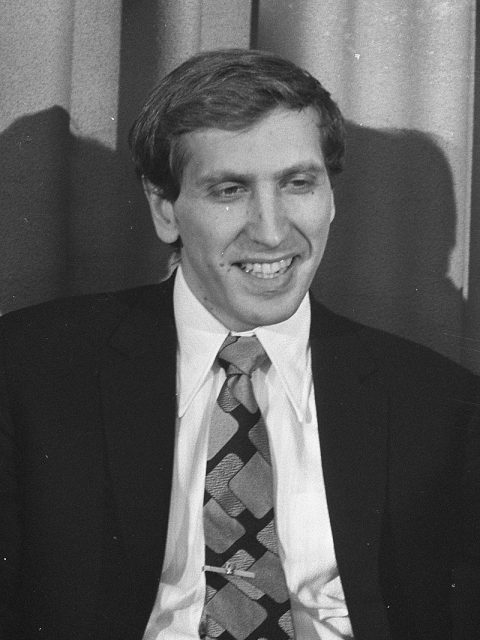
Much has been written about him since he passed away in Iceland in 2008 at the age of 64 including the 2015 film starring Tobey Maguire titled Pawn Sacrifice. Here are 10 things you probably don’t know about one of the most intelligent people of the 2nd half of the 20th century.
Dominating at an Early Age
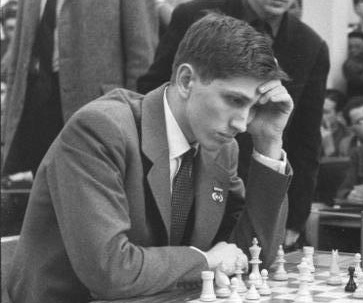
Fischer began playing chess at a very young age, competing against his sister and mother until they were neither available nor interested in playing him. He often played matches against himself at a young age until he was able to find a proper coach and guidance.
In 1956, Fischer became the youngest United States Junior Chess Champion by defeating nationwide competitors many years his senior – he was only 13. A little over a year later, he would win the U.S. Championship becoming the youngest ever to hold the title.
“You Don’t Learn Anything at School”
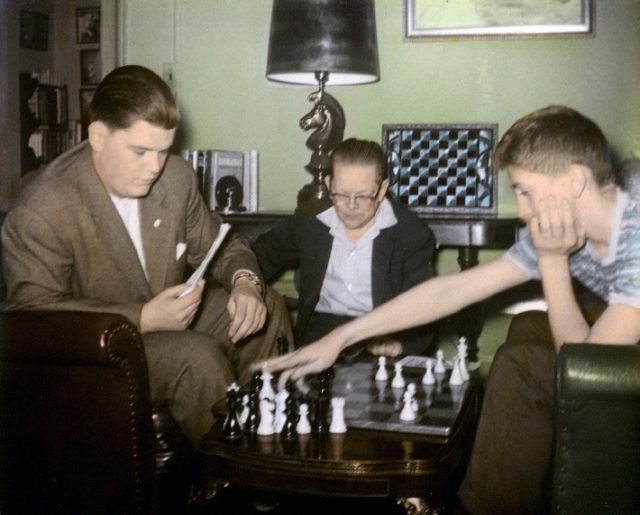
At the age of 12, based on his incredibly high IQ and his achievements playing chess, Fischer was given a scholarship to Brooklyn Community Woodward. He later went to Erasmus Hall High School until he dropped out at the age of 16 and only because he couldn’t do it sooner. He stated at the time, “You don’t learn anything in school.” Interestingly enough, Fischer attended Erasmus Hall at the very same time as iconic performers Barbara Streisand and Neil Diamond.
Dominating the Local Competition
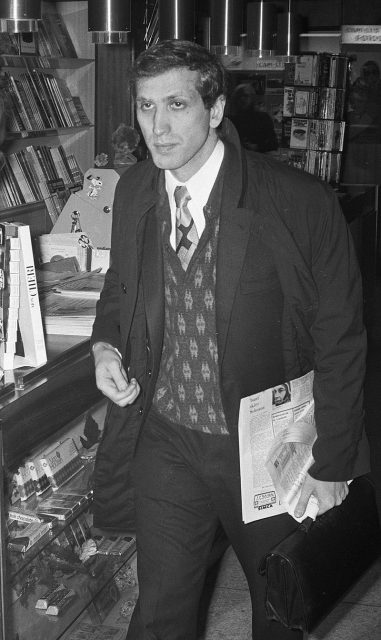
Starting in 1957, Fischer won eight U.S. Championships in chess over the next 10 years. His streak was only broken because he chose to skip the 1961 tournament while he was preparing for international competition and the 1964 tournament didn’t take place.
Not only did he win all eight tournaments, he dominated them. Out of all his matches in those championship tourneys, Fischer only lost three games. He won 61 and drew 26.
Talking the Talk
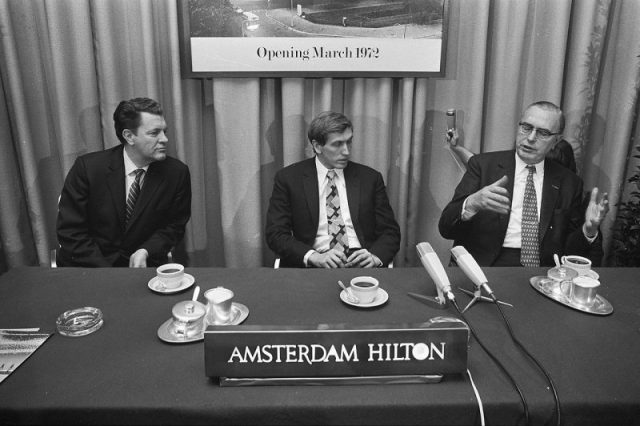
Clearly an American in nature, at the 1962 Chess Olympiad in Varna, Bulgaria, Fischer called his own shot in advance of playing Argentinian Grandmaster, Miguel Najdorf. Fischer predicted that he would beat his Grandmaster opponent in only 25 moves. He did it in 24 moves at the age of 19.
Bringing Chess to the Limelight
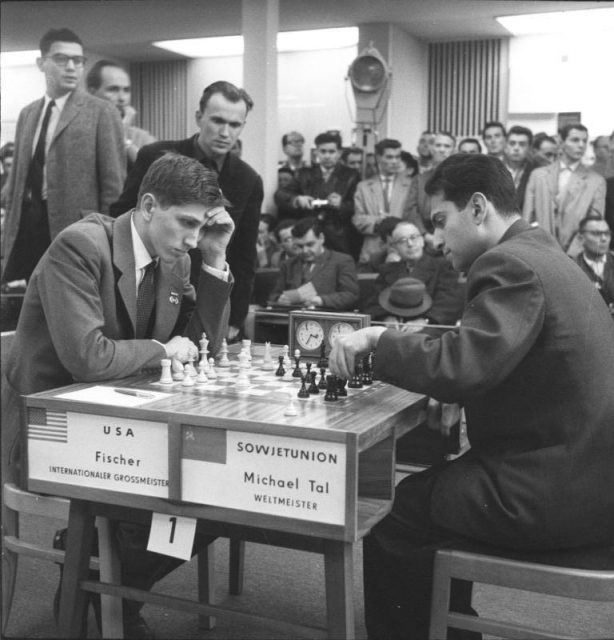
From 1970 to 1972, Fischer was dominating his competition everywhere in both five-minute “blitz” and traditional matches. He was undaunted and eager for a shot at the World Championship.
When Fischer agreed to play the World Chess Champion Boris Spassky in Reykjavik, Iceland, it became an international event. Fischer had lost a game to Spassky the previous year in a tournament. Ironically, none of the major U.S. networks were interested in covering the match so PBS stepped in to broadcast the historic head to head competition between the Soviet and American.
The match was full of controversy with Fischer arriving late, losing two games at the beginning, and getting encouragement from Henry Kissinger to complete and win the match. Fischer did return to the match and dominated afterwards, giving PBS its best ratings in history and making Fischer a household name. It wasn’t long before parents of all backgrounds were teaching their children the game.
Odd Behavior and Bank Robbery?
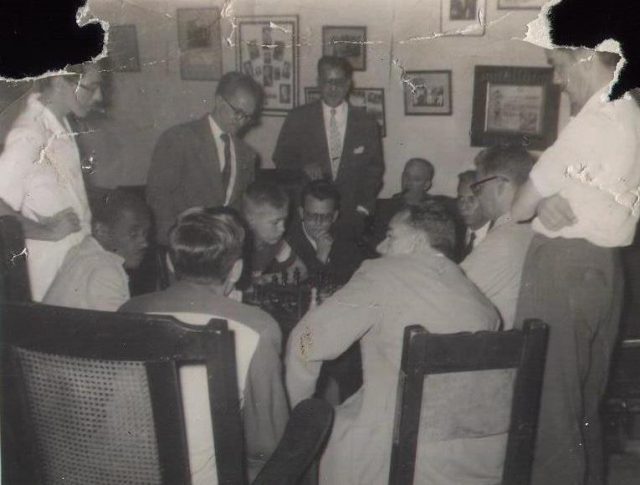
After becoming such a celebrity, Fischer chose not to defend his World Championship title and it was then forfeited to the current Soviet champion, Anatoly Karpov, in 1975.
This began a weird era for Fischer who renounced his Judaism, joined an upstart church named the Worldwide Church of God, donating huge sums of money to its leaders and also making fiercely derogatory remarks about his former faith.
During this time, Fischer’s appearance was a bit unkempt and it resulted in him being mis-identified as a suspect in a robbery. He was summarily arrested and held for two days in Pasadena before being released.
A Fugitive From the United States
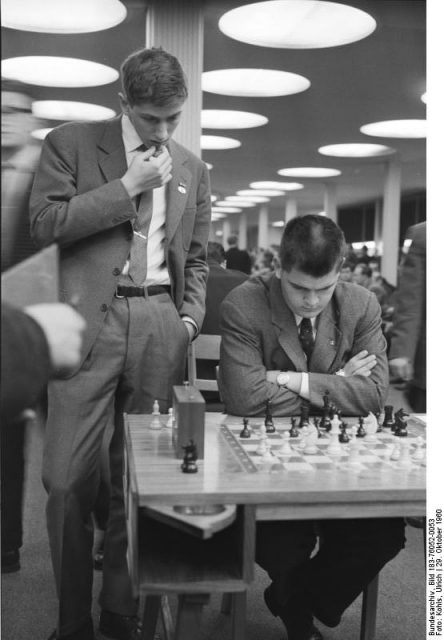
In 1992, a Yugoslavian businessman organized a rematch between Spassky and Fischer with a $5 million purse ($3 million to the winner). Both of the players agreed to the match. However, the U.S. State Department had other ideas since Yugoslavia was then under sanctions by the U.S. and they wanted no American participating in the event, which they found “harmful” to U.S. foreign policy.
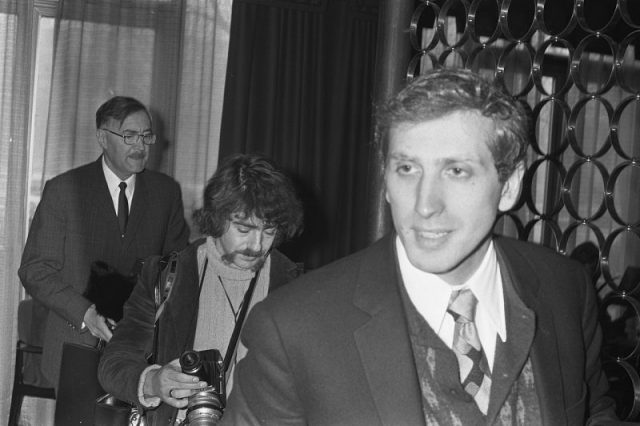
Fischer went to Yugoslavia anyway and won the match against a much older and less competitive Spassky. Fischer reportedly spat on a U.S. Treasury letter to him warning him of the implications of his participation.
At this point, Fischer never returned to the U.S. and instead lived in Southeast Asia for the next decade or so. A warrant was issued for his arrest by the U.S. Department of Justice.
Fischer Died a Citizen of Iceland
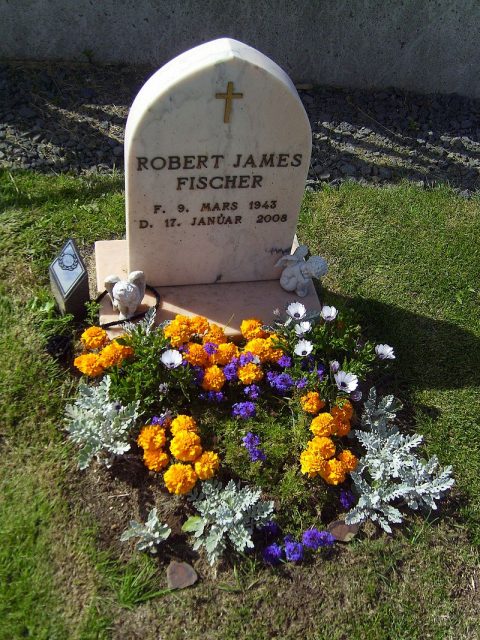
Fischer moved to Japan in 2000 and was living there after the 9/11 attacks that saw significant changes in the way the U.S. State Department handled visas and passports.
Although his U.S. passport was current, he was detained at a Japanese airport when attempting to take a flight to the Philippines because the U.S. had revoked his passport and had asked Japanese officials to detain him on the outstanding warrant from the 1992 Yugoslavian affair.
Related Video: The Modern Day Revival of the Knights Templar
https://youtu.be/gb5U053HP6g
Fischer was held in a Japanese prison for several weeks awaiting extradition to the United States. Despite many appeals from the chess community and journalists, the U.S. would not budge.
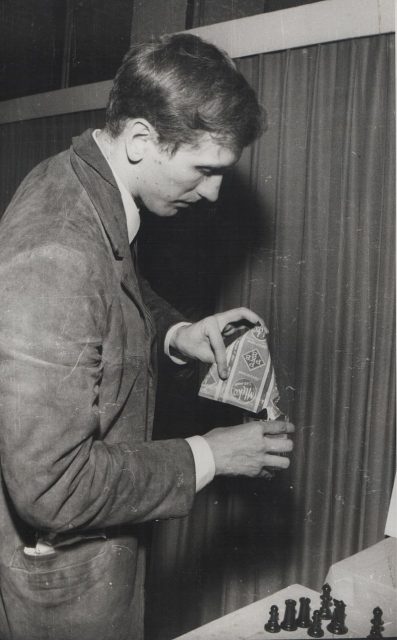
Fischer then applied for citizenship first in Germany, which was declined, and then to Iceland. Because of his significant influence in “putting Iceland on the map” in 1972 and due to his popularity, Iceland’s parliament approved his citizenship and granted him a passport.
Fischer renounced his U.S. citizenship, moved to Iceland, and lived there the remainder of his days. He passed away from renal failure surrounded by some close friends and was buried in a Christian cemetery 30 miles outside of Reykjavik.
